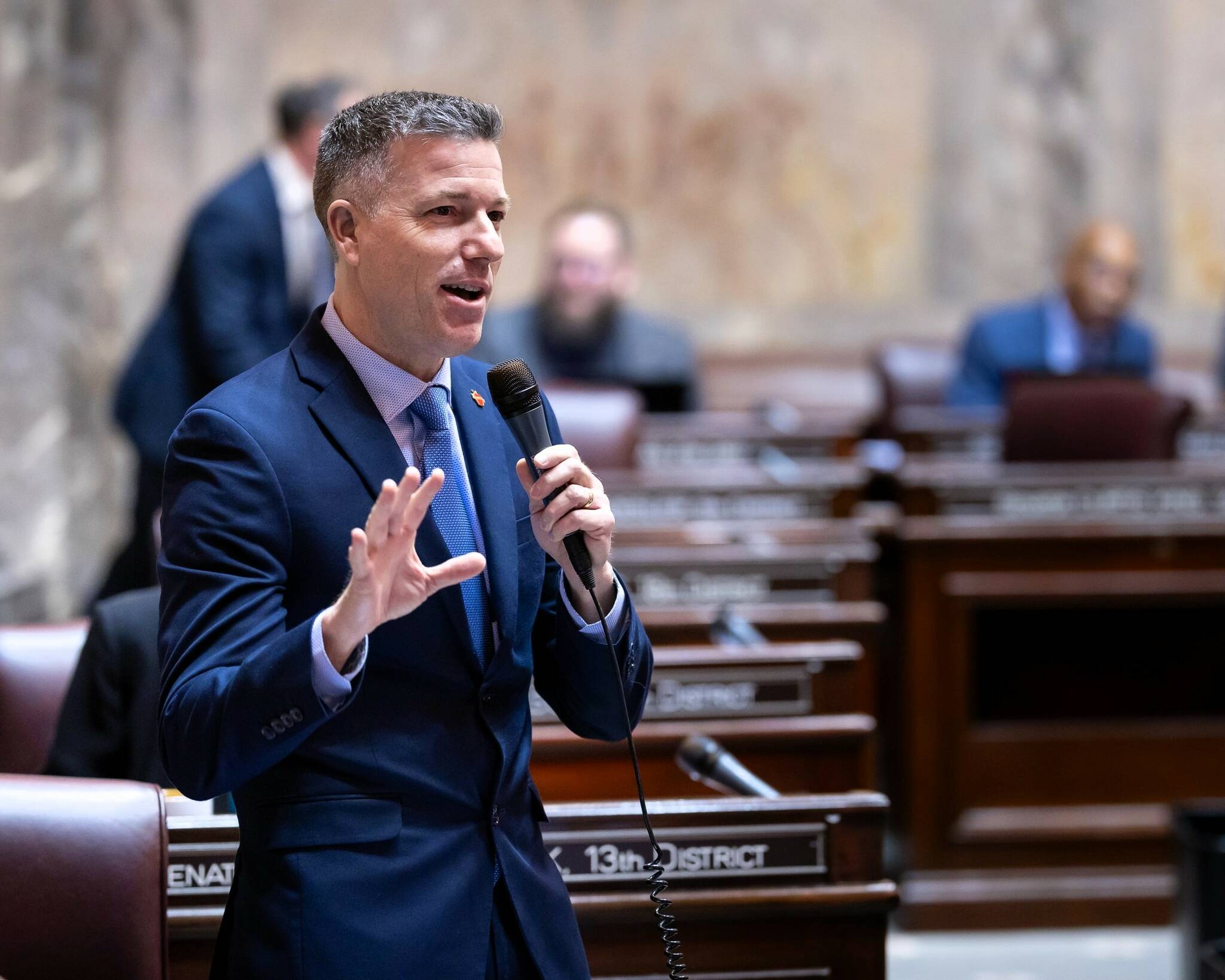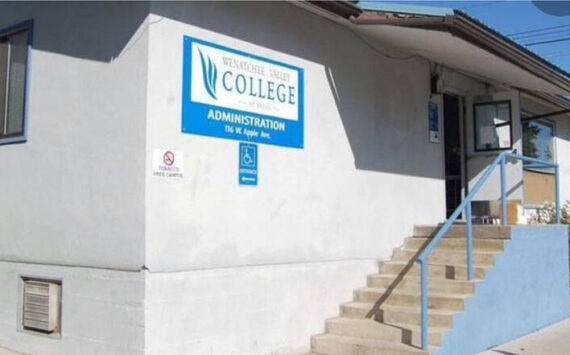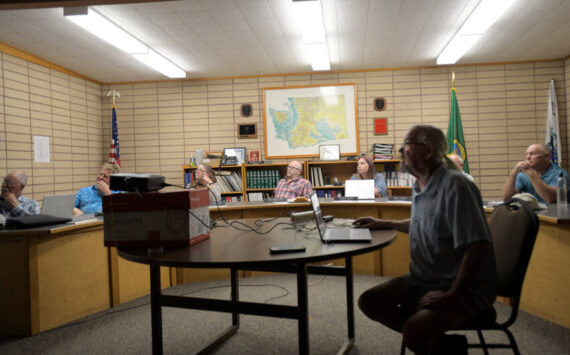By Randy Bracht | The Center Square
(The Center Square) – High school students in Washington may get a head start on Running Start under a bill that cleared the state Legislature Thursday evening.
Senate Bill 5670 now goes to the governor’s office for consideration.
If signed into law, the bipartisan measure would allow high schoolers who have completed their sophomore year to enroll in a Running Start program during summer months and earn college credits prior beginning to their junior year.
SB 5670 was sponsored by 12th Legislative District state Sen. Brad Hawkins, R-East Wenatchee, who calls the measure “Walking to Running Start.”
Running Start is a popular academic program which currently allows 11th- and 12th-graders to take courses at community and technical colleges and various four-year institutions of higher education. In the process, they can simultaneously earn high school and up to two years of post-secondary credits, offering the potential to graduate with both a high school diploma and associate college degree.
Hawkins says his bill could save students money, reduce their likelihood of debt, and advance them closer to a four-year degree. The measure, which was originally introduced during the 2023 legislative session, has been amended to let high schoolers to earn up to 10 college credits in the summer term before their junior year.
“Allowing students to begin the summer leading into their junior year could help them ease into the college experience,” Hawkins said in a news release Friday. “I’ve been calling my bill a ‘Walking Start to Running Start’ because you sometimes need to walk before you run in school and life.”
“It is a great option for all, especially for middle-class families who may not otherwise qualify for any state financial aid,” he said.
Running Start students don’t pay college tuition, but they must pay for textbooks, any mandatory fees, and arrange their own transportation. Higher institutions are reimbursed for tuition costs by local school districts at the state’s per-student basic education rate with the districts retaining a 7% share. Some post-secondary institutions that are not community or technical colleges may charge up to 10% of tuition costs to students.
Wenatchee Valley College president Faimous Harrison and local Running Start students testified in support of the bill before the House Education Committee on Feb. 15.
Along with Hawkins, SB 5670 was co-sponsored by fellow Republicans Jeff Holy and Lynda Wilson and Democrats Patty Kuderer, Joe Nguyen, T’wina Nobles, Emily Randall and Rebecca Saldana.
The measure was unanimously approved by the Senate, 48-0, on Feb. 2 and by the House on a 92-1 vote this Thursday. During the current session, which is scheduled to end March 7, it was considered by the Senate Higher Education and Workforce, Ways and Means, and Rules committees, and in the House by the Education and Rules committees.








